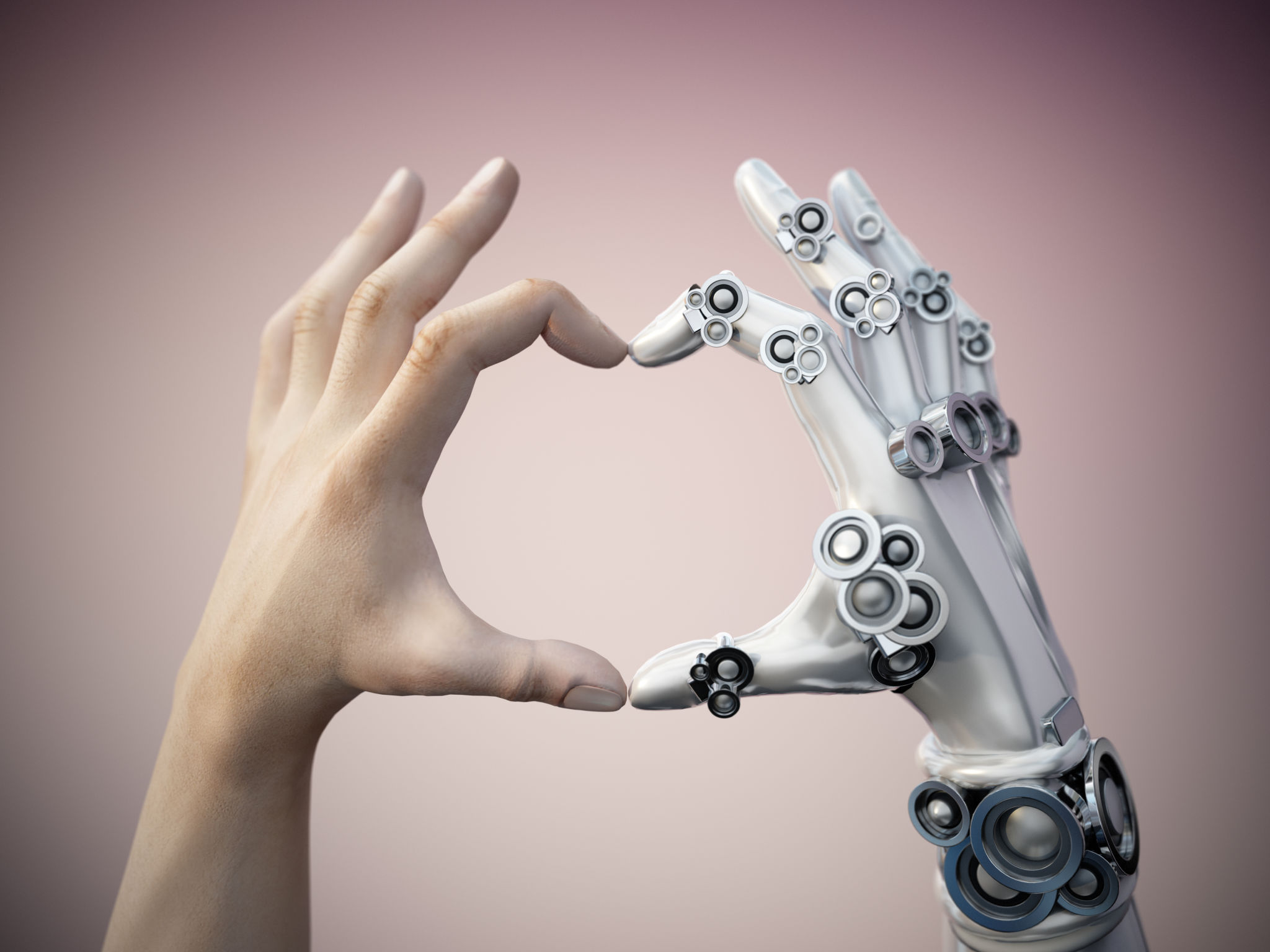The Role of Robotics in Modern Manufacturing: A Greek Perspective
Ul
The Evolution of Robotics in Greek Manufacturing
In recent years, Greece has embraced the integration of robotics in its manufacturing sector. This technological advancement not only aligns with global trends but also represents a significant shift in how Greek industries operate. Robotics plays a pivotal role in enhancing production efficiency, reducing human error, and driving economic growth.

As Greek manufacturers face increasing competition, the adoption of robotics offers a strategic advantage. By automating repetitive tasks, companies can focus on improving product quality and innovation. This shift is crucial for maintaining competitiveness in both domestic and international markets.
Key Benefits of Robotics in Manufacturing
The incorporation of robotics into manufacturing processes brings numerous benefits. Here are some of the most significant advantages:
- Increased Efficiency: Robots can operate 24/7 without fatigue, significantly boosting production rates.
- Precision and Consistency: Robots perform tasks with high precision, ensuring consistent product quality.
- Cost Reduction: Although the initial investment can be high, long-term savings in labor costs and reduced waste justify the expenditure.
Moreover, robotics facilitates a safer working environment by handling hazardous tasks that would otherwise put human workers at risk. This aspect is especially important in industries involving heavy machinery or toxic substances.
The Impact on the Greek Workforce
While the integration of robotics brings many benefits, it also raises concerns about the future of employment in manufacturing. However, the fear of widespread job losses is largely unfounded. Instead of replacing human workers, robots often complement their efforts. Workers are transitioning to roles that require decision-making and advanced technical skills.

To address this shift, Greek companies are investing in training programs to equip their workforce with the necessary skills to thrive in a technologically advanced environment. This approach not only secures jobs but also contributes to a more skilled labor force capable of driving innovation.
Challenges in Implementing Robotics
Despite the advantages, the implementation of robotics in Greek manufacturing is not without challenges. One major hurdle is the high initial cost of robotic systems. Many small and medium-sized enterprises (SMEs) may find it difficult to afford these technologies without financial assistance or incentives.
Additionally, there is often a resistance to change within organizations. Overcoming this requires a cultural shift and strong leadership to champion the adoption of new technologies.

The Future of Robotics in Greece
Looking ahead, the role of robotics in Greek manufacturing is expected to grow even further. As technology continues to evolve, robots will become more sophisticated and capable of performing complex tasks. This evolution will open new opportunities for innovation and economic growth in Greece.
Embracing this future will require ongoing investment in technology and workforce development. By doing so, Greece can position itself as a leader in modern manufacturing, leveraging robotics to drive competitiveness on the global stage.
